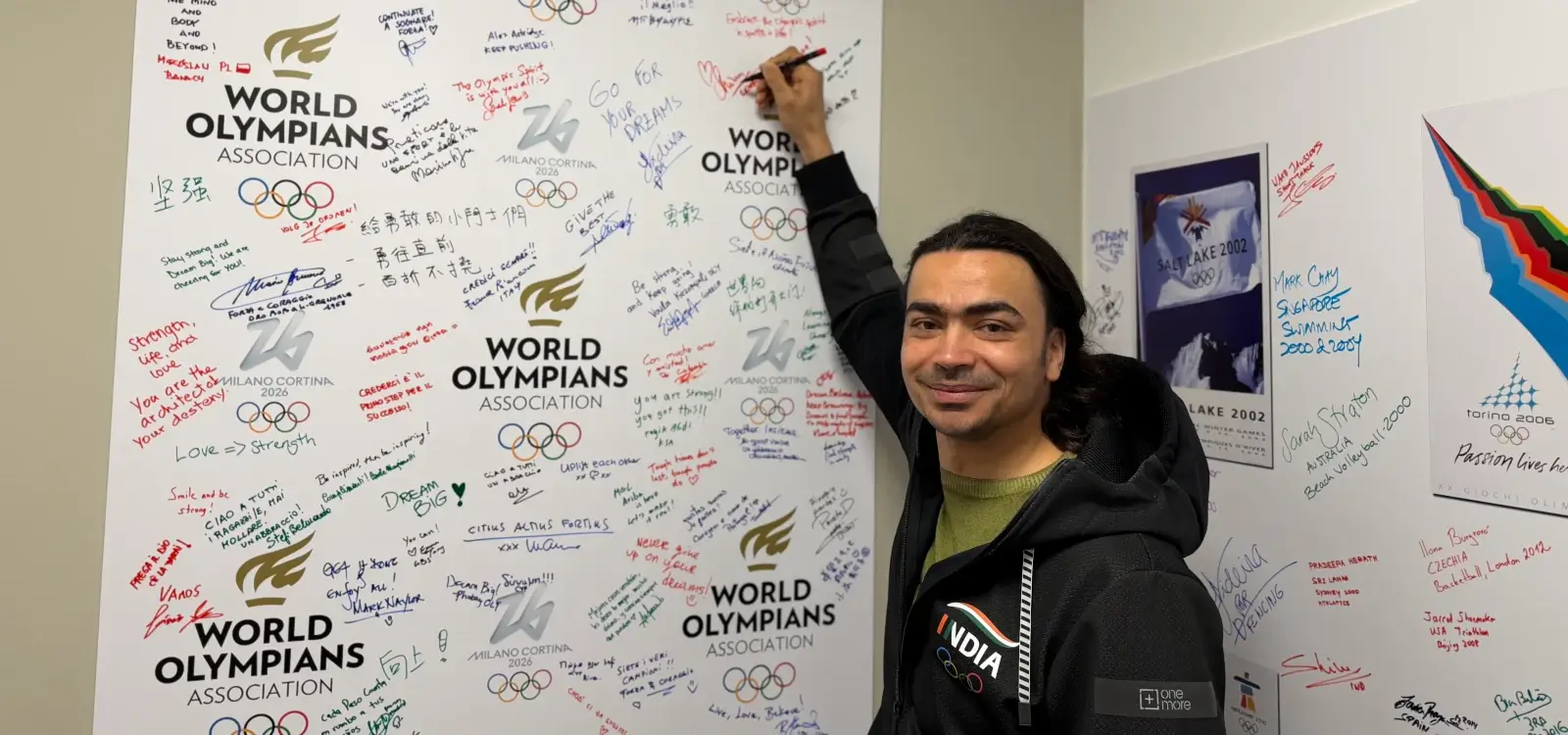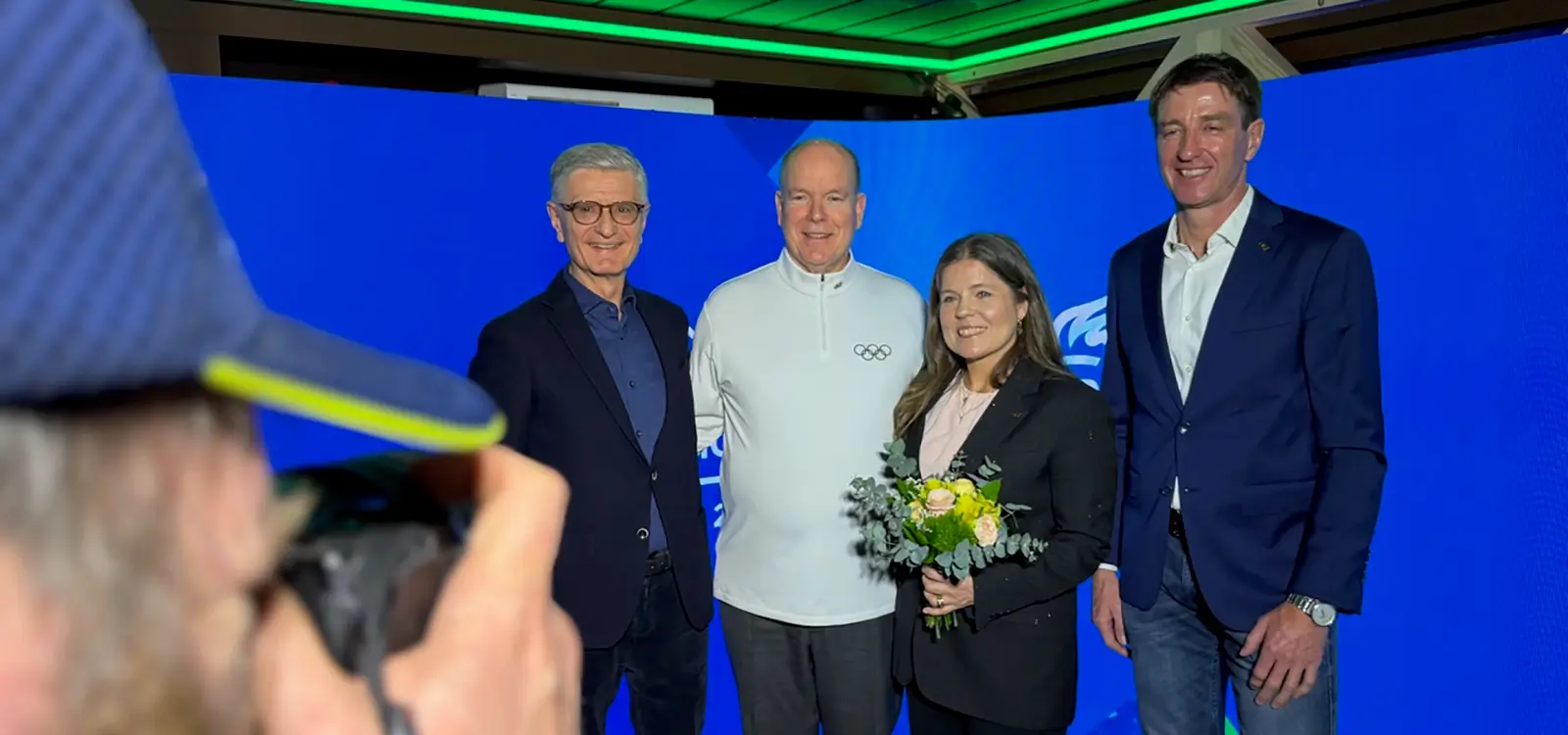Winter Olympian wins WOA Health Study Prize
19 | 7 | 2019
Over five thousand Olympians participated in the WOA’s Olympians’ long-term health study. The wait is over to find out who won the study’s grand prize trip to the Olympic capital of Lausanne.
The winner of the prize draw is Canadian Olympian Tania Vicent OLY, who represented her country in short track speed skating at four Olympic Winter Games from Nagano 1998 to her home Games at Vancouver 2010.
Tania, who won two silver and two bronze medals over the course of her incredible Olympic career, medalling in the 3,000m relay at each of the four consecutive Games she competed in, has won the trip for two to the Olympic Capital in Switzerland. During her visit Tania will be welcomed to Olympic House and invited for a tour of The Olympic Museum.
Speaking about her prize, Tania said:
“This is a truly exceptional prize and I am incredibly grateful to WOA for offering me the opportunity to travel to Lausanne and spend time at the heart of the Olympic Movement.
“I took part in the Olympians Health Study because I wanted to make a difference and be a part of something that will have a positive impact on Olympians of my generation and those to come. The study is important so we can better understand the impact of elite sport on long-term health – an area that to date has been under-researched.”
With close to 5,000 verified Olympian responses from around the world and almost 2,500 responses from the general population in the control group survey, the study is the biggest of its kind. Once completed it will help build a more comprehensive understanding of life after sport, allowing WOA and the Olympic Movement to:
- Understand the main long-term health issues related to Olympic-level performance
- Generate new insights into those issues
- Develop data-driven recommendations to safeguard and improve Olympians’ health.
The UK based-research team, led by British Olympian Dr Debbie Palmer OLY, has been working hard since the survey officially closed in June to clean and prepare the data for the next phase of analysis, which is now underway.
The study is supported by the IOC Scientific and Medical Commission and the IOC Athletes’ Commission.
The results and recommendations are expected to be communicated later this year.




